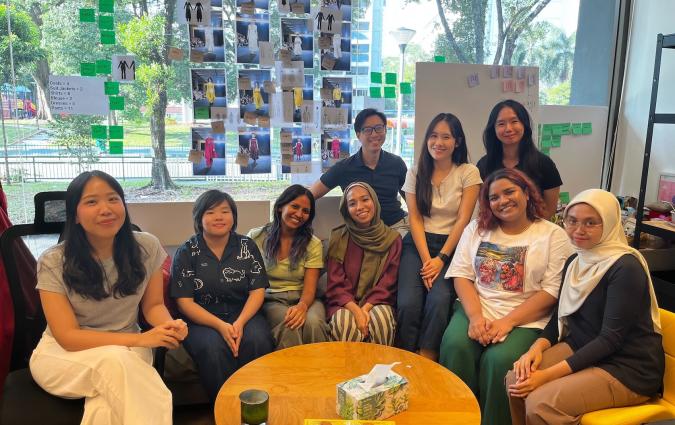Six tips to make the most of freedom of information requests in your newsroom

Luiz Fernando Toledo is an investigative journalist from Brazil researching the use of FOIA to improve public trust in journalism. (Photography by Mariana Hallal)
More than 120 countries have some kind of Freedom of Information Act (FOIA) enshrined in law, but very few newsrooms are making best use of this vital tool for public accountability. In Brazil, where the FOIA has been in place for a decade, only half of all journalists surveyed by Abraji have ever made use of the law.
Discussing this with journalists from around the world at the Reuters Institute, I’ve realised that many of us face the same barriers and challenges to accessing public data. These are my six rules for getting the best results as an investigative journalist.
1. Be persistent
It is very common for officers to deny your request – even if you have the right to access information. Sometimes they don't know where to find records or maybe your request was not detailed enough. In Brazil, two out of three appeals are successful.
2. Think with a “document mindset”
When you read the news, a politician's speech, or any interviews with public officers, is it possible to check what they are saying in documents or go deeper on a subject? When you look at a government form, do you see fields that may yield a new insight? If the authority says the government is monitoring the results of a public policy, how exactly is it being measured? Can you get the data?
3. Think in patterns and try to find them in public documents
Two years ago I reported on a shelter for vulnerable children in São Paulo that was accused of negligence, and allowing cases of torture and rape. After a FOIA request, we found that this was not an isolated case – there were multiple cases at other shelters in the same city. We checked their funding: some of the organisations running these shelters were still getting public contracts in the city.
4. Make a habit of filing new requests every day if you can
We work in the public’s interest: this is our main goal. Asking consistent, well-crafted questions will yield consistent material that helps you promote transparency in your country, and can help improve accountability.
5. Share your requests with your team in the newsroom
Sometimes the data is not useful to you, but can be really important in another story or give ideas to other journalists.
6. If your request is denied, that might be a story too
Sometimes a negative response leads to something more important than the response itself. Why is the government denying such basic information about a public contract, for example? Publish it. Pressure leads to more transparency.
See Toledo and other Journalism Fellows give their lessons from Hilary Term below.







